Dear Senator DeMint:
By the numbers, we are yet very early in the presidential primaries. 1144 delegates are needed to sew up the nomination, and depending how you count these things, Mitt Romney has maybe 13 delegates after finishing Iowa in a de facto tie with Rick Santorum and thumping Ron Paul in New Hampshire last night. But presidential primary races are often about perception: like wars, you more often win them by convincing the other side that further resistance is futile than by total, to-the-last-man annihilation. And so the coming South Carolina primary is widely recognized as the last realistic chance to stop Romney, or at least visibly slow his momentum and eliminate the divisions among conservative candidates that have thus far precluded a unified opposition. Romney has been lining up endorsements (including SC Governor Nikki Haley), money and favorable press from conservative journalists to create an air of inevitability that he hopes will end this race by Florida, if not South Carolina. I think it is fair to say that a great many grassroots conservative activists view the prospect of a Romney candidacy with varying shades of dismay.
We may yet, indeed, be stuck with Romney. And I know you were one of a good number of conservatives to endorse him in 2008 as a tactical move to stop John McCain, so the pull of some consistency (as well as longstanding disagreements with Rick Santorum) must be drawing you back to support him again. But even if we do end up with Romney – indeed, especially if we do – it will be terribly damaging for the conservative movement if you endorse or in any way assist him while there is still a race on. Let me explain why.
President George W. Bush was perhaps the third-most-conservative president of the past century, behind Reagan and Coolidge, and he commanded significant conservative loyalty for his wartime leadership, tax cuts and social conservatism. But we knew going into his nomination in 2000 that Bush was no friend of small government. In the shadow of war and later a financial crisis, Bush was able to pressure many otherwise conservative Republicans in Congress to back a lot of most un-conservative measures, most notably the expansion of Medicare to cover prescription drugs. In this, Bush has the help of GOP leadership, as men of conservative inclination and accomplishment like Santorum and Tom DeLay twisted arms to get conservatives to fall into line. Even if these moves were individually defensible under the circumstances, collectively they badly corroded the GOP’s small-government brand, contributing significantly to the loss of Congress and many Governorships in 2006 (including Santorum’s 18-point loss and Romney’s unwillingness to stand for re-election that year). What was needed, and what only began to emerge with your leadership late in Bush’s term, was some voice inside Congress standing up for small government within the GOP.
We have made great strides since then together; the Tea Party movement has sent many conservative reinforcements to Congress, some of them at the expense of long-tenured Republican officeholders. But the battle even within the GOP for smaller government and entitlement reform is far from over.
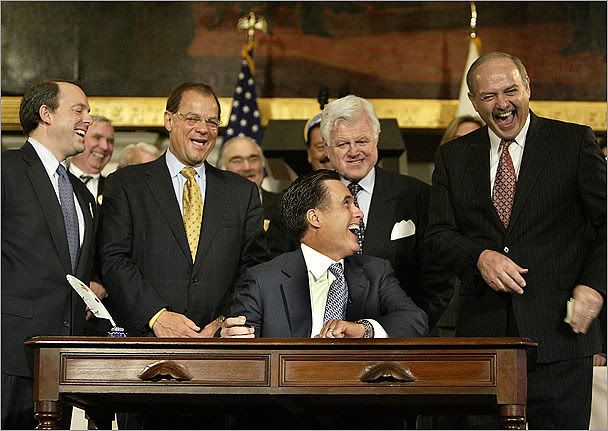
Mitt Romney, as well all know, is not and never has been a Tea Party or small government conservative; indeed, his signature achievement in his one term in public office was passing a Ted Kennedy-backed universal health care plan that moved the most Democratic state in the nation to the left on healthcare and laid the groundwork for Obamacare. For Romney to win election against Barack Obama, something else will need to be done to motivate the grassroots activists who make up the Tea Party and related movements inside and outside the GOP. And for anything positive to be accomplished in getting our financial house in order during a Romney presidency, there must be an independent body of conservatives not beholden to Romney to apply pressure on him to pull him to the right. If there is one thing we know about Romney is that he is responsive to external pressures in making political and policy decisions. But if Romney’s position in the party is secure and unchallenged, he will never have to give conservative concerns another moment’s thought, and will look – as he did in Massachusetts – leftward.
One by one, the organs of conservative journalism and activism and the leaders of Republican officialdom have begun placing themselves in Romney’s orbit. If they will not stand up to him now, how will they do so later? And how can we convince dispirited activists that their concerns will still be represented in Romney’s Washington?
The answer, if we end up resigned to Romney, is that they will look to you. For now, we can still sell a message to the grassroots: elect more conservatives to the House and Senate, and they will keep Romney honest – with conservatives like Jim DeMint as their leaders. The goal of doing so will help us all: it will keep not-Romney activists motivated to vote and organize and donate at the House and Senate level, most of whom will then hold their breath and vote Romney as well, knowing they have done their part to provide a meaningful counterweight.
But the more those activists see interviews in which you seem to be feeding the pro-Romney inevitability narrative – much less actually endorsing the man – the more they will conclude that you are ready to play Tom DeLay to Romney’s Bush, and that the lessons of 2006-10 will be completely forgotten in the new Washington. That would be a terrible shame, and poisonous to our ability to keep alive an independent movement that stands for something besides Mitt Romney’s political advancement. Don’t surrender your independent credibility when it will be needed most. We are ready to continue the good fight, but we can’t do it without leaders.

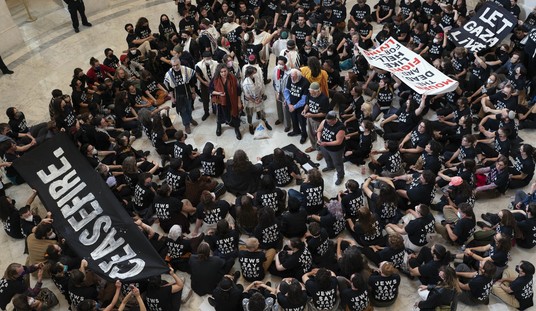
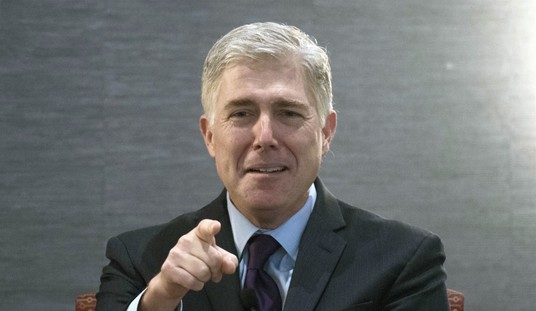
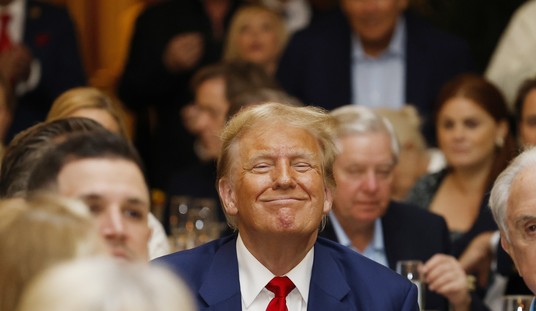
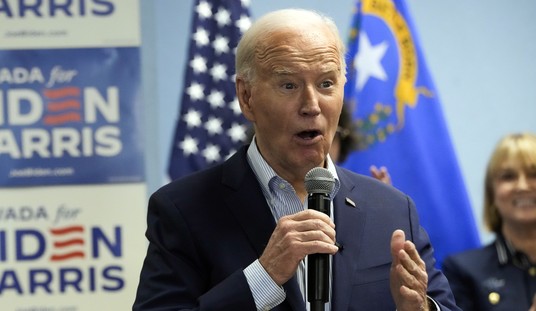
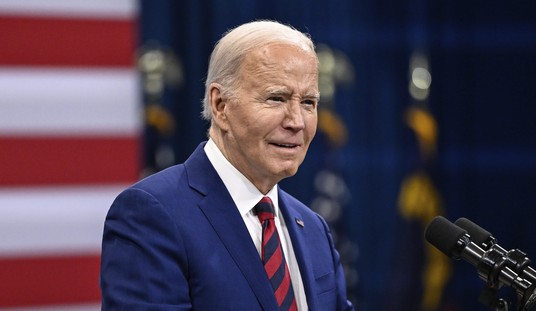
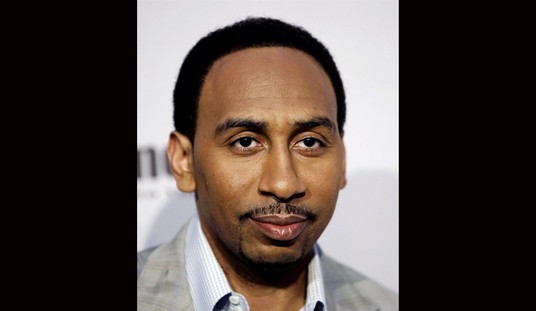




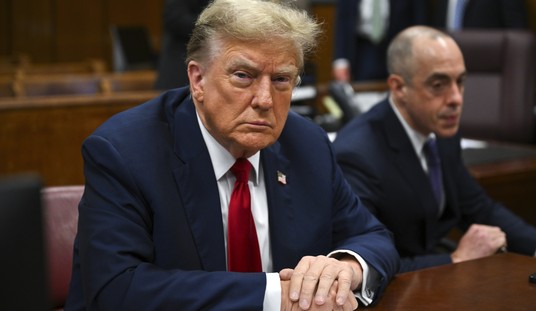
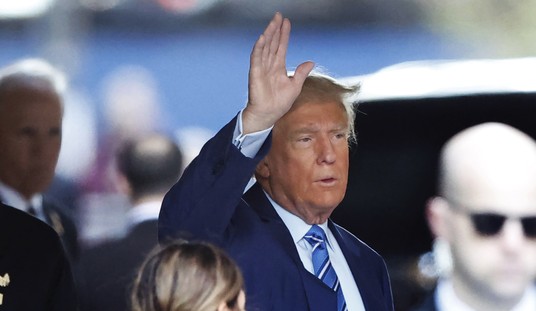
Join the conversation as a VIP Member